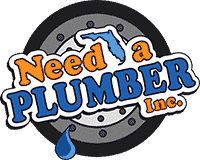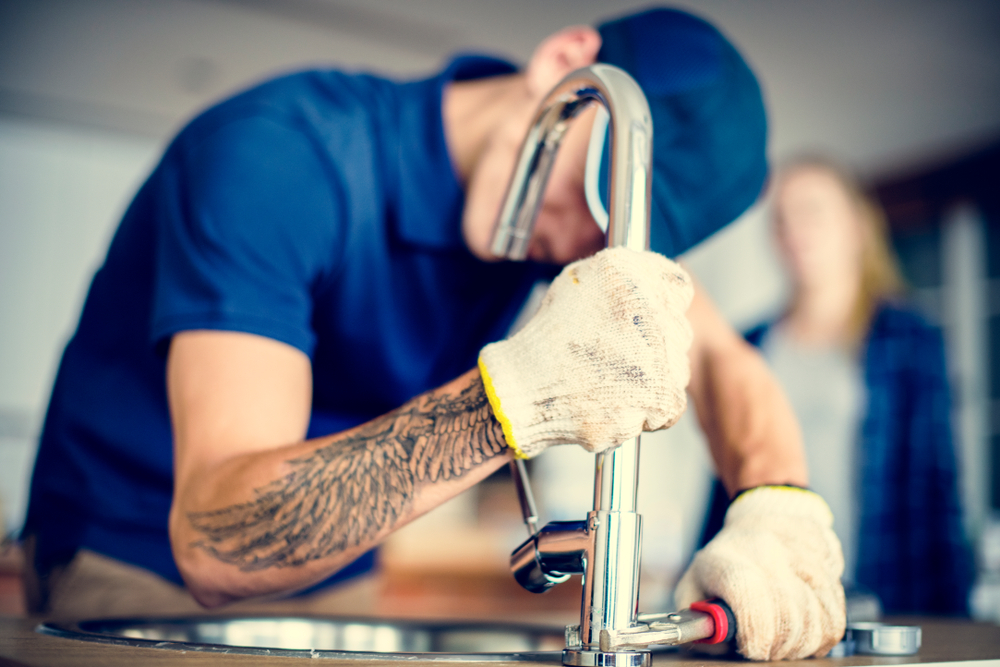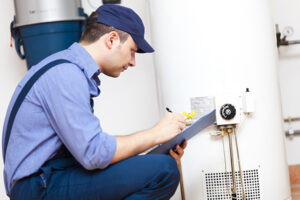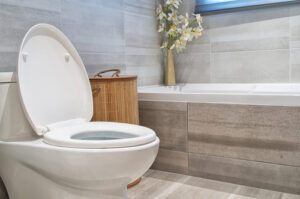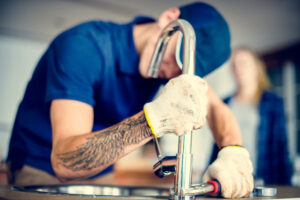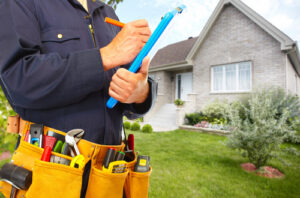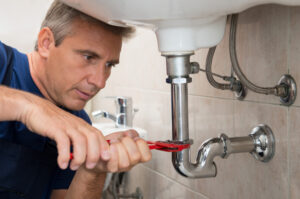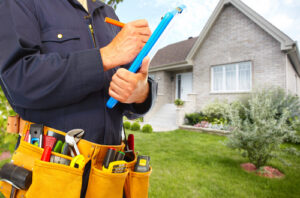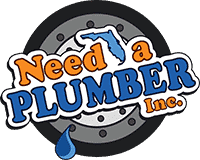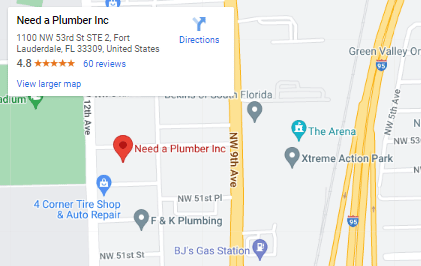Plumbing emergencies can happen at any time, leaving homeowners in a state of panic. Burst pipes, overflowing toilets, and other plumbing issues can cause extensive damage to your home and can be quite costly to repair. In this guide, we’ll take you through some tips on how to handle emergency plumbing issues and prevent them from happening again.
What to Do in a Plumbing Emergency
When faced with a plumbing emergency, the first thing you need to do is to stay calm. The next step is to take action to prevent further damage. Here are some steps to take in a plumbing emergency:
Turn off the Water Supply
The first step to take when you have a plumbing emergency is to turn off the water supply. This will prevent water from flowing and causing more damage. The shut-off valve is usually located near the main water line, and it is important to know where it is beforehand.
Shut Off the Electricity
If the emergency involves water near electrical outlets or appliances, it is crucial to turn off the electricity to the affected area. This will prevent electrocution and other safety hazards.
Call a Professional Plumber
It is essential to call a professional plumber to handle the emergency. They have the expertise and tools needed to diagnose the issue and fix it quickly.
Preventative Measures
Taking preventative measures can help avoid plumbing emergencies in the first place. Here are some tips to follow:
Regular Maintenance
Regular maintenance is crucial to prevent plumbing emergencies. Schedule a routine check-up with a professional plumber to identify any potential issues before they become major problems.
Monitor Water Pressure
High water pressure can cause damage to your plumbing system. Installing a pressure reducing valve can help regulate water pressure and prevent damage.
Don’t Flush Inappropriate Items
Flushing inappropriate items such as paper towels, feminine products, and other non-degradable materials can cause clogs and backups. Use a trash can instead.
Invest in a Water Softener
Hard water can cause damage to your plumbing system over time. Installing a water softener can help prevent mineral buildup and extend the life of your plumbing.
Common Plumbing Emergencies
Burst Pipes
Burst pipes can cause significant damage to your home. If you notice a burst pipe, turn off the water supply and call a professional plumber immediately.
Clogged Drains
Clogged drains are a common plumbing emergency. Try using a plunger or drain snake to clear the blockage. If that doesn’t work, call a professional plumber.
Overflowing Toilets
Overflowing toilets can cause water damage and create an unsanitary situation. Turn off the water supply and call a professional plumber.
Gas Leaks
Gas leaks can be dangerous and require immediate attention. If you smell gas, evacuate your home immediately and call your gas company or 911.
Conclusion
Plumbing emergencies can be stressful and costly, but taking preventative measures and knowing what to do in an emergency can help prevent damage and save you money in the long run. Remember to stay calm, turn off the water supply and electricity, and call a professional plumber.
FAQs
1. How do I know if I have a burst pipe?
Signs of a burst pipe include low water pressure, water stains on walls or ceilings, and the sound of running water when no faucets are on.
2. Can I fix a clogged drain myself?
It is possible to fix a clogged drain with a plunger or drain snake, but if the blockage is severe, it is best to call a professional plumber.
3. How can I prevent plumbing emergencies?
Regular maintenance, monitoring water pressure, not flushing inappropriate items, and installing a water softener are all preventative measures that can help avoid plumbing emergencies.
4. How do I turn off the water supply?
The shut-off valve is usually located near the main water line. It is important to know where it is beforehand and how to turn it off in case of an emergency.
5. Can I handle a plumbing emergency on my own?
It is not recommended to handle a plumbing emergency on your own, as it can be dangerous and cause further damage. It is best to call a professional plumber who has the expertise and tools needed to handle the emergency safely and efficiently.
